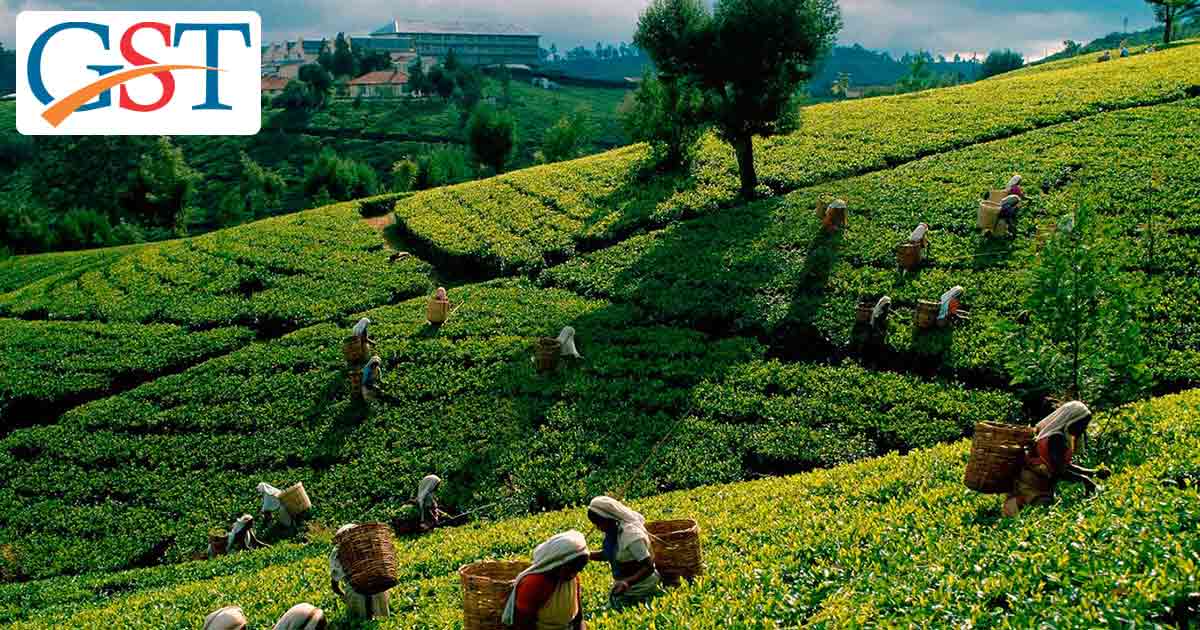The tea industry figured slow growth at the auction centres instead of global and domestic signal working in favour of the Indian market. The reason behind the confusion is generated after goods and services tax (GST) implementation in India.
Coming to the number, in Assam and north Indian states, the prices at the tea auction centre were fixed which was Rs 143.98 in 2017. While the tea prices in south Indian states slashed 6.7% to Rs. 96.51 a kg for 2017 compared to a year back prices.
According to the Industry executives in Guwahati and Kolkata, the slowdown in prices merely due to lean competition among buyers, who did not exhibit more interest in a bidding process.
Azam Monem, the chairman of the Indian Tea Association, explained that weak buyers belonging primarily from rural areas stayed away from auction participation because the transition to the GST was low.
He further favoured that in 2016, there were more buyers comparatively, “Since these buyers were not present, the competition went down drastically. Large-format buyers quoted low prices even for higher-grade produce, which resulted in the average auction prices stagnating, despite a good produce.”
Read Also: Five Possible Suggestions that Make Goods and Services Tax More Compliant
Small purchasers stand for 35% of the total auction sale which is 450-465 million kg. Kenya which is a big competitor to India faced crop shortage issue due to drought condition as well.
Total production in India accounted at 1,278.83 million kg which is 5% high from 2016. Many of the buyers were expecting higher prices but the average prices declined by Rs 1.15 a kg and instead, the prices increased at Mombasa auctions by 21.74% and stand at $2.8 (Rs 179.91) a kg.
Many estate owners from respective tea states like Tamil Nadu, Karnataka, and Assam accepted that with such a big production, the prices at the time of auctions would be higher if buyers had shown much competition among them. Purchasers in south India also came across GST-compliance issues which restricted their decision and reduced prices.
As per the officials from United Planters Association of South India, this unenthusiastic response was due to small, large and international buyers.
As per the present billing methodology in south India, tea estate owners did not allow brokers among them to bill buyers directly. In this case, the buyers are more likely to buy from the brokers rather than direct sales from the gardens. This is why some buyers and statemate have chosen to stay away from the auctions.
Recommended: Goods and Services Tax Impact on Export Industry in India
But now, the billing procedure changed as it can be done by the seller or the broker. An exporter also complained about not receiving input tax credit for the shipped consignment possibly after GST implementation.
As a consequence, other working capital shortage created further export consignment delay.
